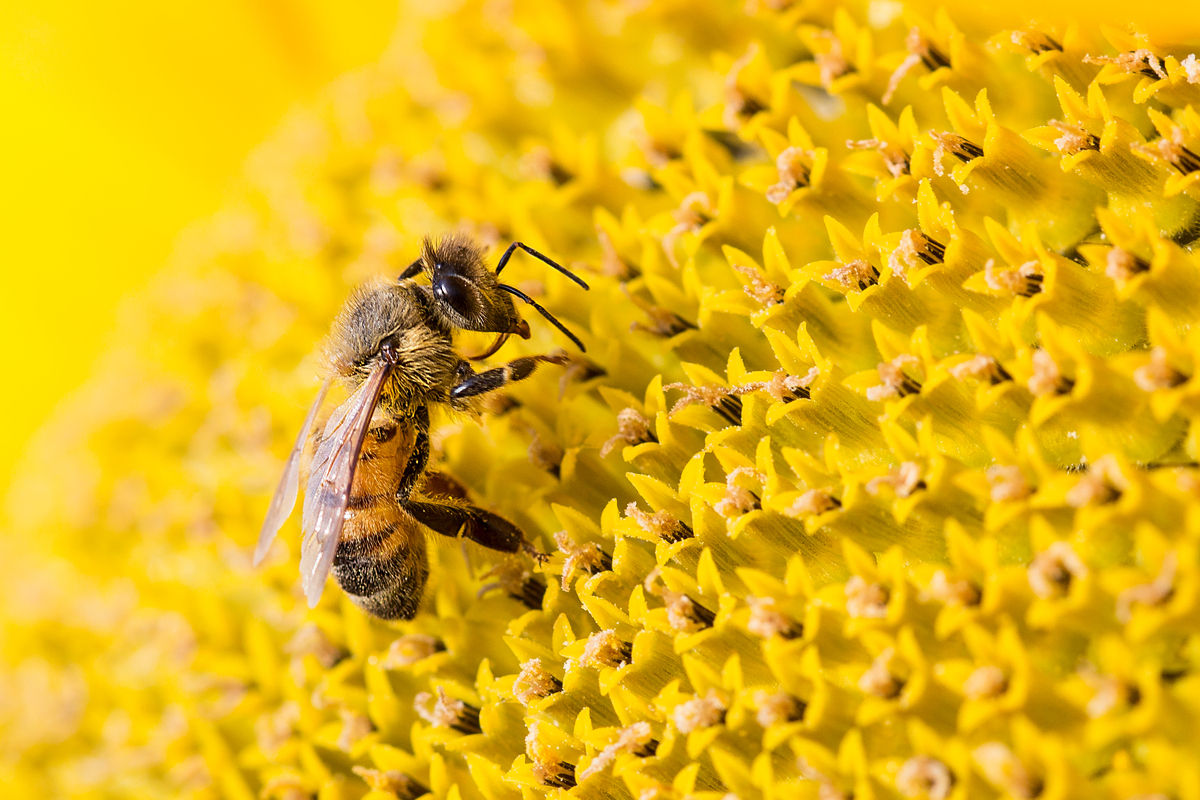Stinging insect allergy information for healthcare providers
Determining if your patient is a candidate for venom immunotherapy with whole allergen testing can be difficult as up to 59% of venom patients test positive for both bee and wasp venom.
That’s why Labcorp now offers component-resolved diagnostic testing to discriminate between true sensitization and cross-reactivity, improving specificity and:

